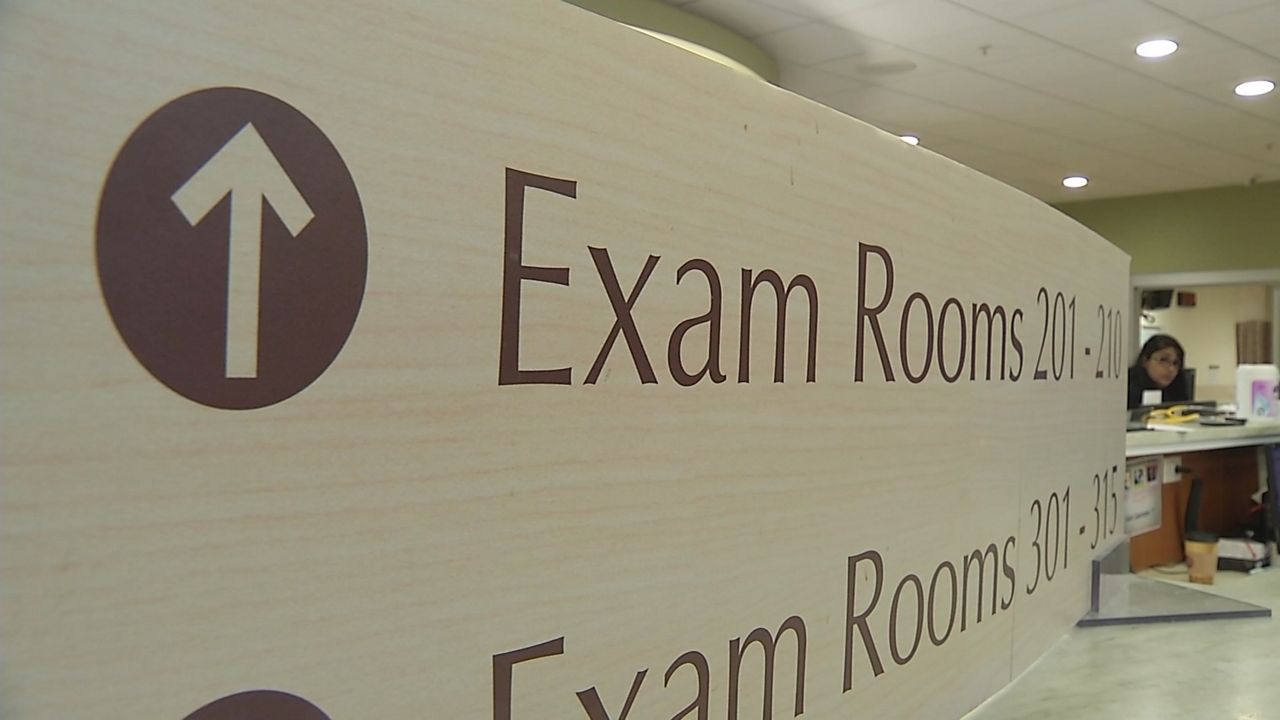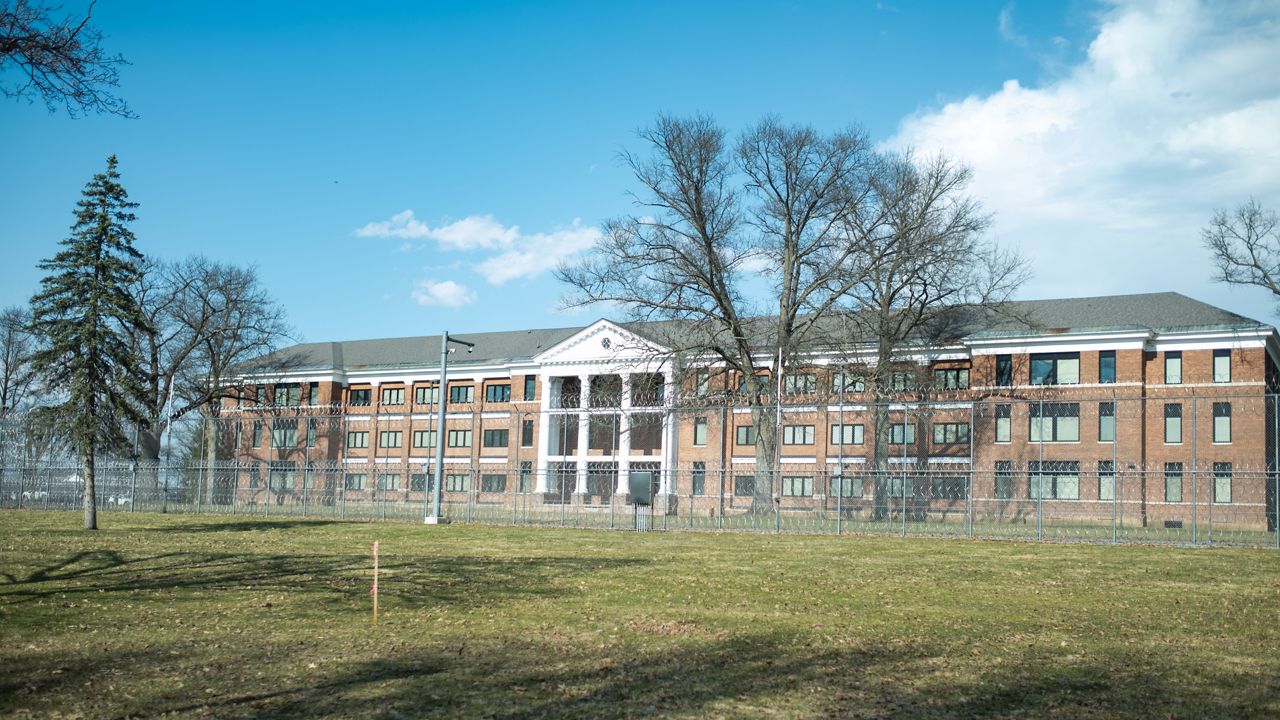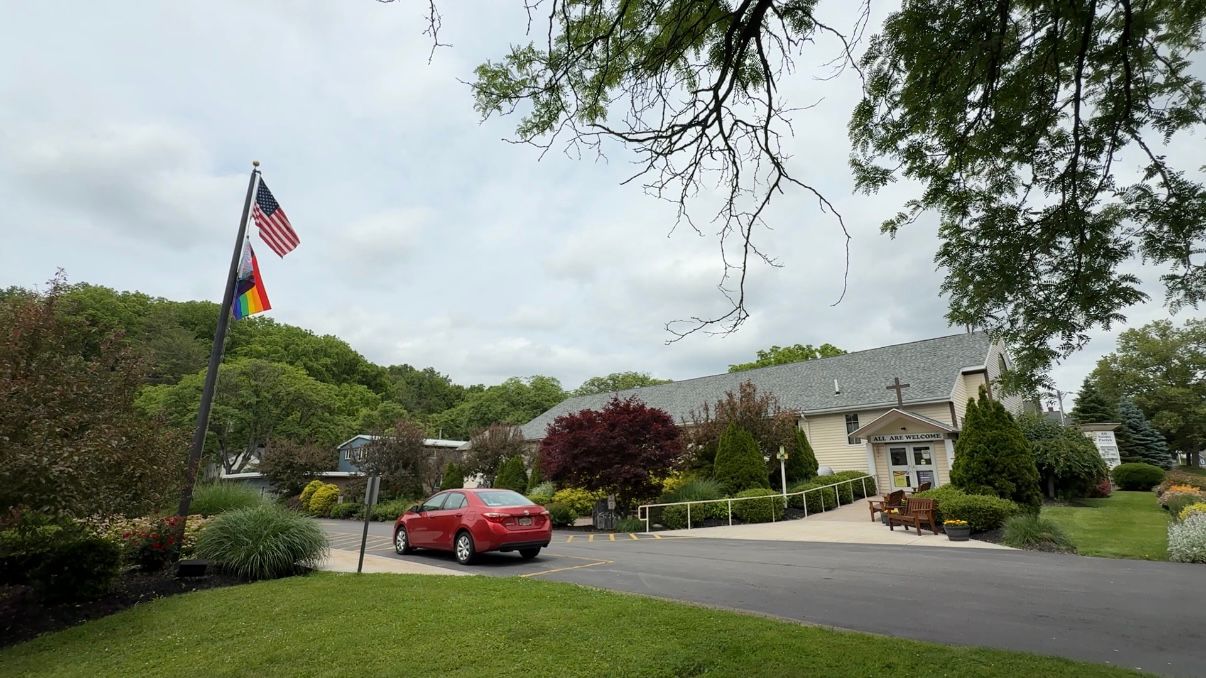Starting this week, nationals from 19 countries are either barred or restricted from entering the United States.
“Many of the countries listed in the travel ban are countries that we have historically received refugees from,” said Shelly Callahan, executive director of The Center, a nonprofit organization in Utica that provides refugees with resources to integrate into communities.
She said a lot of the refugees that live and work in the area cannot travel home to see their families and feel confident about coming back.
“Most importantly, that they can’t apply for family reunification through our programs to have family join them here,” said Callahan.
President Donald Trump states that the recent terror attack in Boulder, Colorado underscores the extreme dangers posed to the nation by the entry of foreign nationals who are not properly vetted.
“Yemen, Somalia, Haiti, Libya and numerous others, the strength of the restrictions we’re applying depends on the severity of the threat posed. The list is subject to revision based on whether material improvements are made and, likewise, new countries can be added as threats emerge around the world. But we will not allow people to enter our country who wish to do us harm,” Trump said.
Callahan said a lot of people are feeling concerned about what’s next.
“People are starting to feel like they maybe are not welcome here in the way that they once were before. Which is really, really just so sad. I mean they came here as part of a humanitarian program of the United States,” said Callahan.
She said refugees are a vital part of the communities they resettle in.
“Definitely, a lot of economic reasons to do refugee resettlement and there’s been lots of studies in Utica but also any place that resettles refugees or see significant immigration. What they've discovered is that the turn is good for the economy and communities and also you need people to grow an economy,” said Callahan.
She said they will continue to move forward.
“I do believe that at some point, this administration is going to see the value that refugees and immigrants bring to this country, and they’re going to have to find ways to open the doors again,” said Callahan.
The travel ban stems from an executive order issued by the president requiring federal agencies to compile a report on “hostile attitudes” toward the U.S.
There are exceptions to the ban, like those in place for green card holders, government workers and allies.










